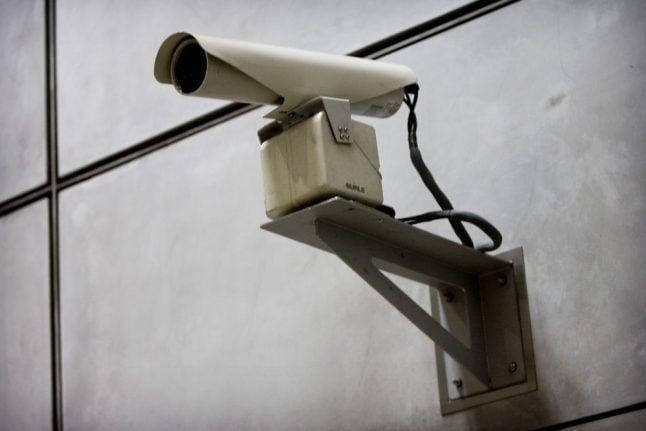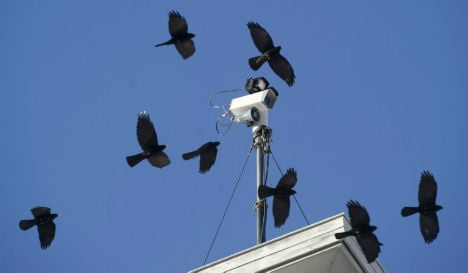The housing organisation, Boligforeningen AAB, wants to be able to install video surveillance of spaces abutting its housing without the need for prior police permission.
Such a move would help prevent crime, AAB’s CEO Christian Høgsbro told Ritzau.
“We have found that CCTV can help to solve and prevent crimes in our residential areas,” Høgsbro said.
The AAB director pointed to Vejleåparken, a housing area in Ishøj west of Copenhagen, as a location which has seen a high number of arson attacks against cars.
Høgsbro’s company is unhappy that it is currently unable to install CCTV without first asking police.
According to Danish law, police can set up surveillance on streets if they feel law enforcement requirements at the locality justify this. Such justifications include a high prevalence of violent incidents, Ritzau writes.
Peter Kofod, justice spokesperson with the Danish People’s Party (DF), said he was in support of AAB’s request.
“I think it is completely fair for housing associations to be able to install CCTV if they are financing it themselves and if it complies with existing rules on data security,” Kofod told Ritzau.
Parliament is currently processing a bill that would allow police to take control of CCTV systems owned by private businesses. The bill will also broaden the conditions in which companies could successfully apply for permission to install CCTV.
But the proposal does not go far enough, according to DF, which wants municipalities to have the authority to implement CCTV.
Denmark’s rules on CCTV use remain considerably stricter than those in the United Kingdom, where businesses are permitted to use CCTV provided that people are informed they may be recorded (normally by displaying signs), authorities are notified of purpose and the recordings are shown to anyone who requests to see them.
In neighbouring Sweden, police themselves have to apply for permission to use CCTV.
A 2017 survey found that six out of ten Danes want increased surveillance such as CCTV cameras in public places to help prevent terrorism.
READ ALSO: Copenhagen to use '100 security cameras' to combat gang crime



 Please whitelist us to continue reading.
Please whitelist us to continue reading.